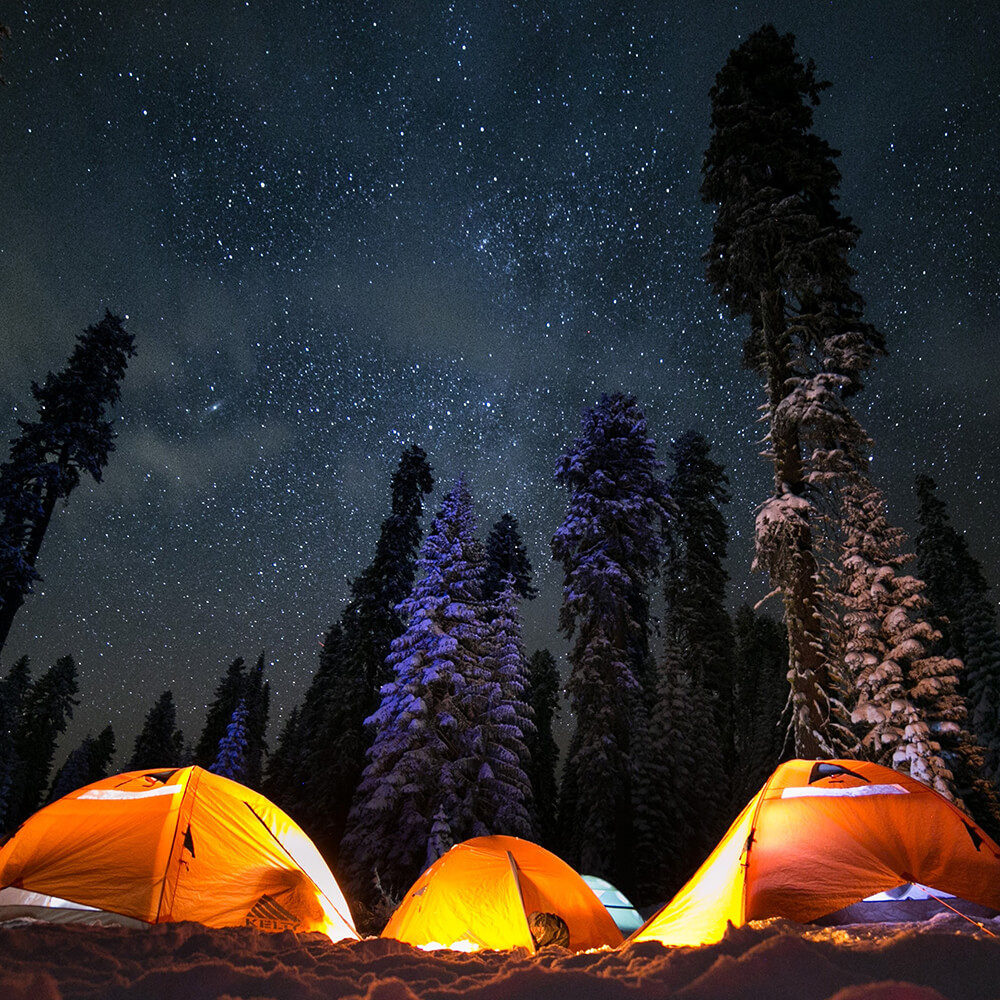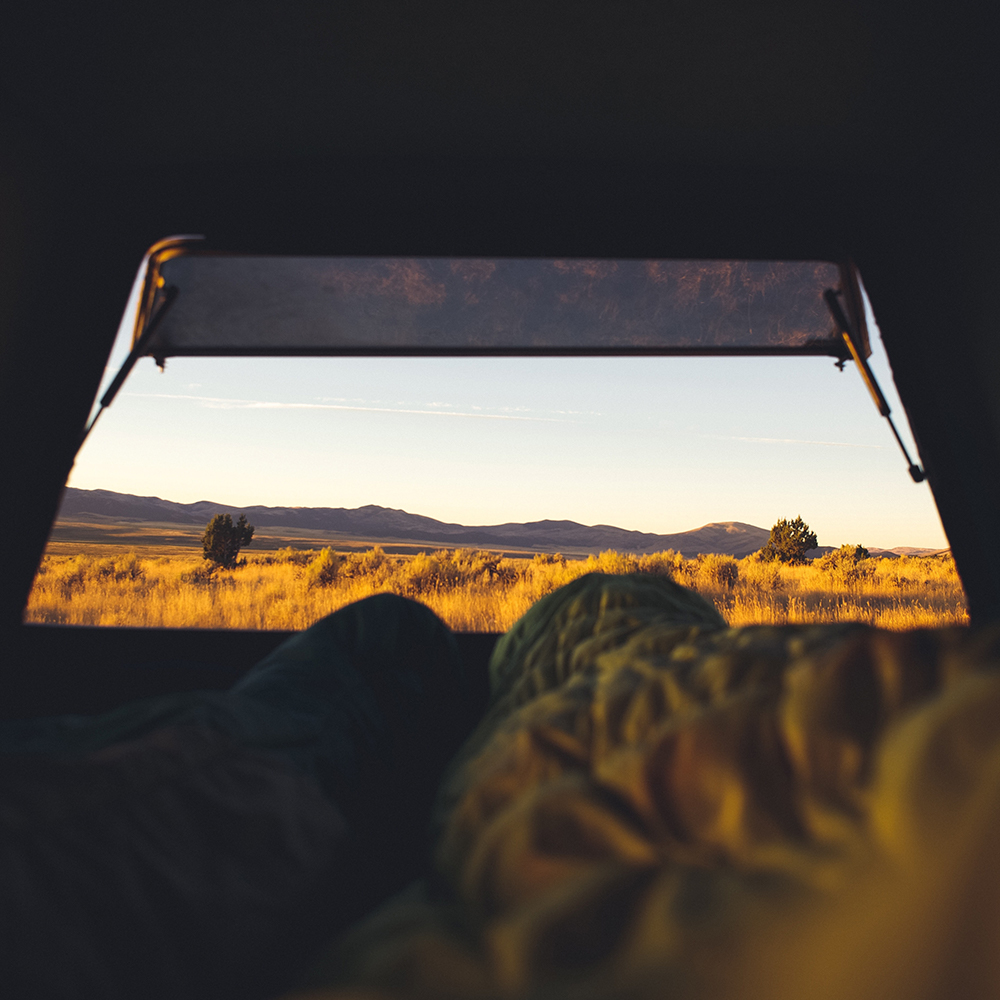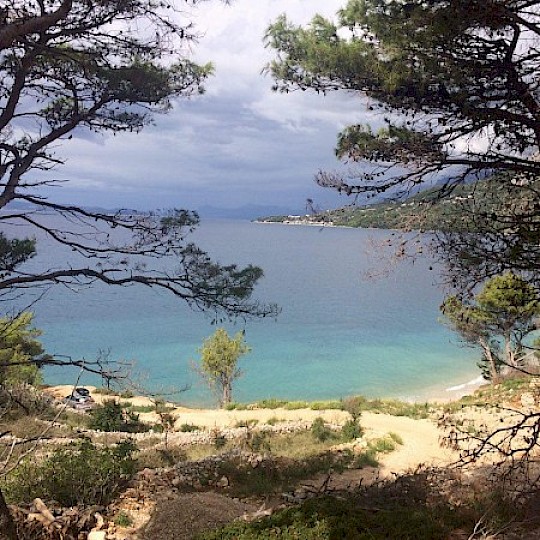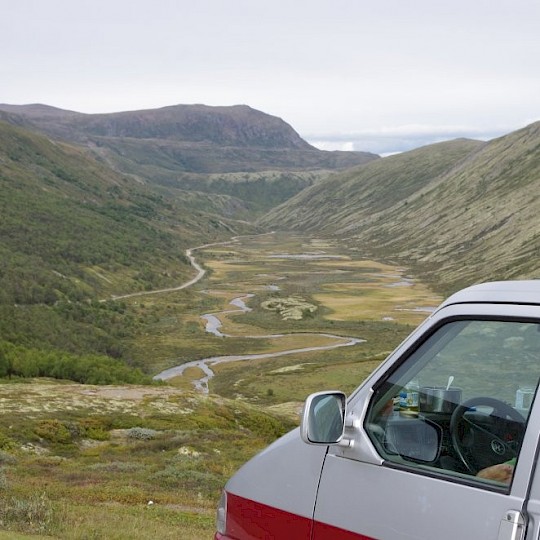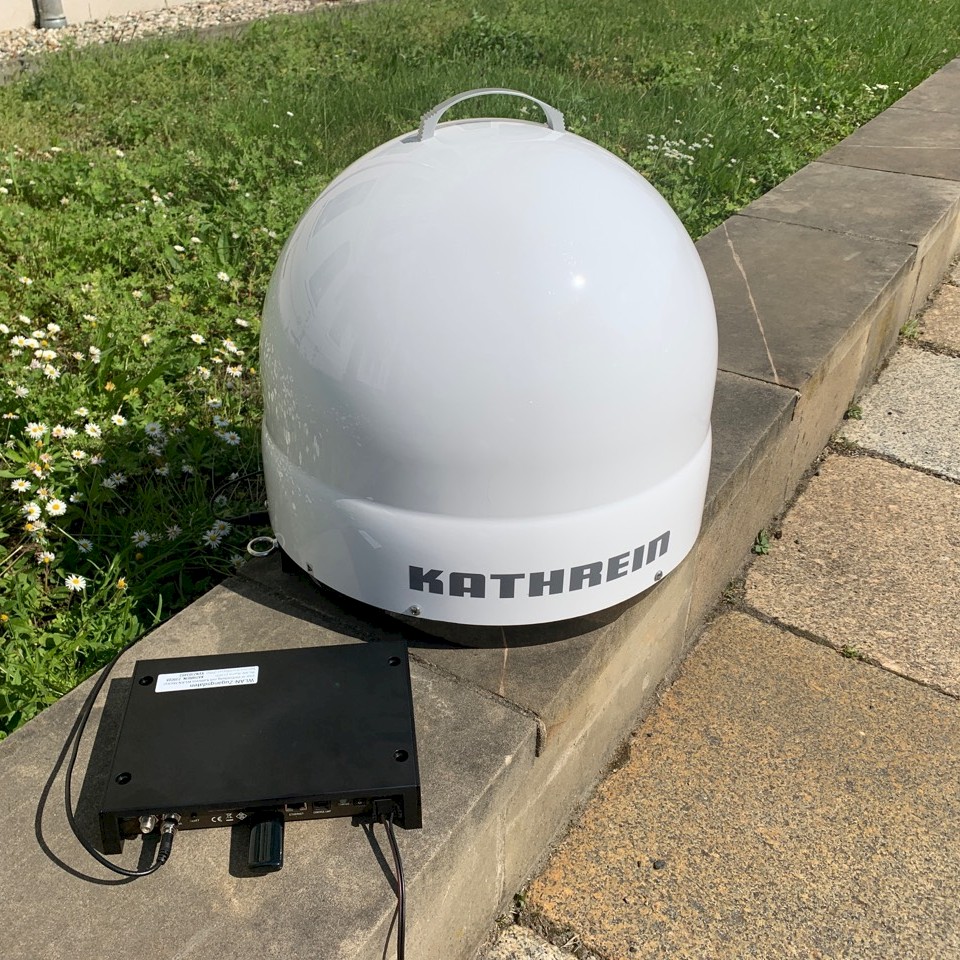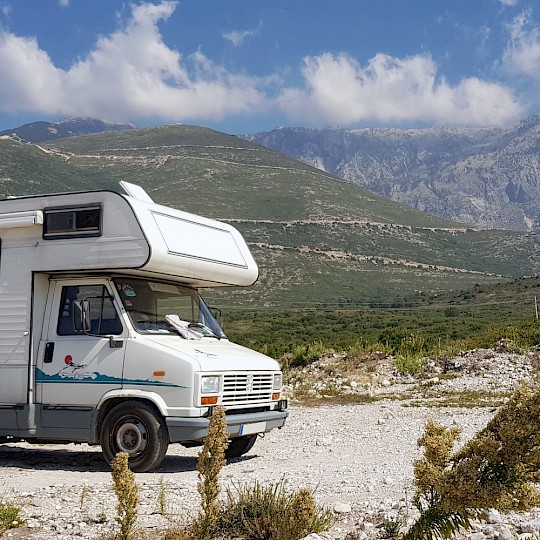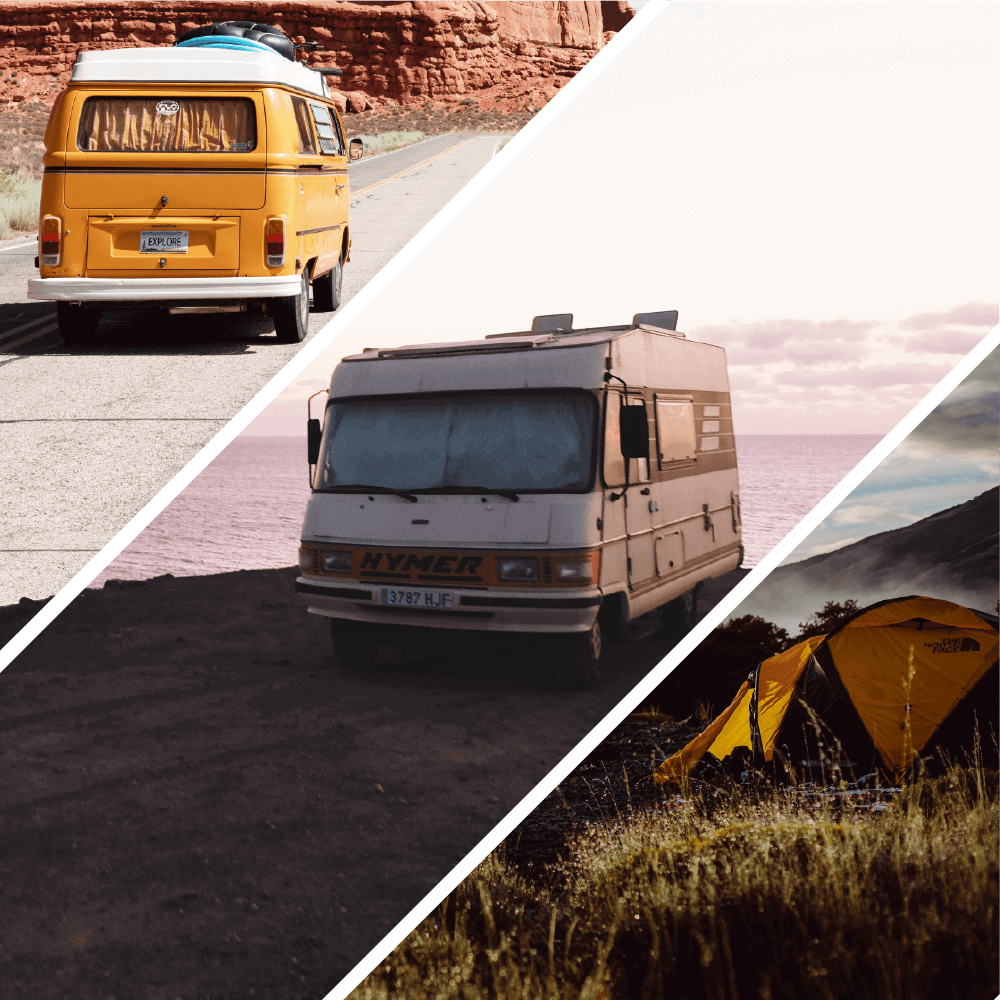Contact
Regardless of whether you are traveling in nature or inhabited areas, you should always make sure that you have your smartphone with you to call for help in an emergency. You should also let your friends know in which area you are traveling so that you are on the safe side in case something happens to you and you cannot contact the outside world.
Animals
If you set up your camp in the wild, you should be careful not to stay near breeding sites, as the animals may react more aggressively during the breeding season. Depending on your destination, you should also consider what animals you might encounter in the forest, especially if dangerous animals such as bears or wolves live in your area. While we are on the subject of wild animals, make sure you do not leave your food out in the open and try to pack it so that the smell does not attract animals.
Intruder
You should consider similar aspects if you want to set up your camp in an inhabited area. Here the danger of being surprised by animals is of course much lower, but mobile homes are a welcome target for burglars. Make sure that your vehicle is always well locked and ideally install an alarm system to scare off any burglars. Furthermore, check the latest travel warnings for your country before traveling.
General safety rules
In addition to the guidelines for wild camping, you should follow the general safety rules for traveling.
- Scan your travel documents and store them online so that you can access them at any time if they are lost.
- Hide expensive items, or money, in the car and stow them under the seat or, even better, in the trunk.
- Make a note of the most important emergency numbers in your destination country.


